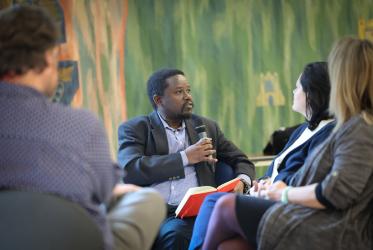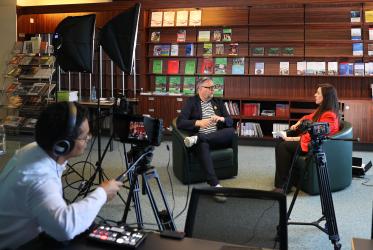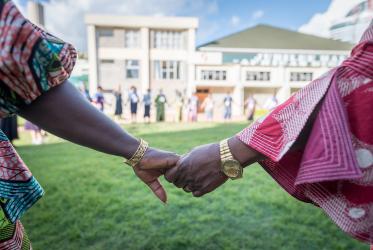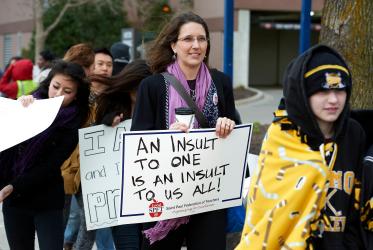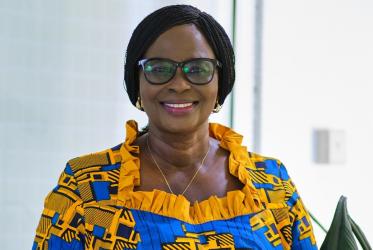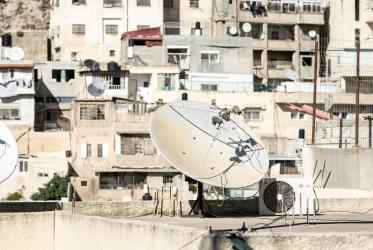Displaying 1 - 20 of 96
28 March 2024
WCC webinar explores decolonizing beauty
11 December 2023
Young Black Europeans: “common witness has an open ear”
30 November 2023
At peace conference, WCC focuses on overcoming racism
26 October 2023
ACT Alliance general secretary: “equity is not negotiable”
26 September 2023
Celebratory event discusses Black leaders’ contributions to WCC
06 September 2023
The Future of Mission Cooperation
The Living Legacy of the International Missionary Council
24 March 2023






